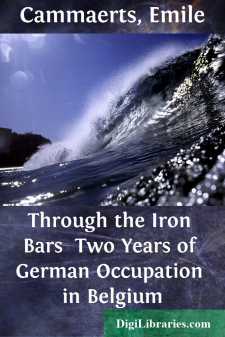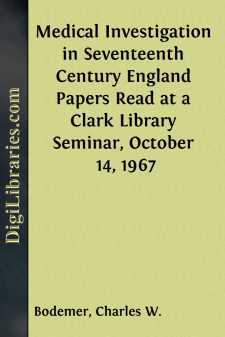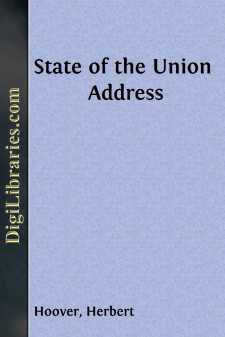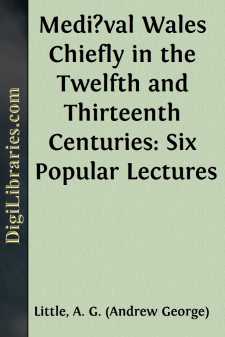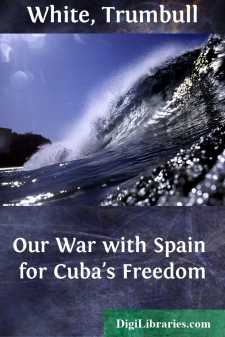History
- Africa 30
- Americas (North Central South West Indies) 50
- Ancient 68
- Asia 58
- Australia & New Zealand 8
- Canada 41
- Caribbean & West Indies 1
- Civilization 20
- Eastern Europe 12
- Europe 310
- Expeditions & Discoveries 60
- General 77
- Historical Geography 1
- Jewish 9
- Latin America 3
- Medieval 8
- Middle East 14
- Military 248
- Revolutionary 8
- Study & Teaching 5
- United States 353
- Western Europe 56
- World 13
History Books
Sort by:
PREFACE The history of Giggleswick School has just two difficulties about it which need to be unravelled. The date of the foundation of the School or of the Chantry of the Rood and the origin of the Seal alone are of interest to the antiquary and I have failed to discover either. The remainder is the story of a school, which has always had a reputation in the educational world and at the same time has...
more...
HISTORY My theme is history. It is an old subject, which has been discoursed about since Herodotus, and I should be vain indeed if I flattered myself that I could say aught new concerning the methods of writing it, when this has for so long a period engaged the minds of so many gifted men. Yet to a sympathetic audience, to people who love history, there is always the chance that a fresh treatment may...
more...
by:
Thomas Carlyle
Chapter I.—FIFTH CAMPAIGN OPENS. There were yet, to the world's surprise and regret, Three Campaigns of this War; but the Campaign 1760, which we are now upon, was what produced or rendered possible the other two;—was the crisis of them, and is now the only one that can require much narrative from us here. Ill-luck, which, Friedrich complains, had followed him like his shadow, in a strange and...
more...
by:
Emile Cammaerts
I.THE PRISON GATES.The English-speaking public is generally well informed concerning the part played in the war by the Belgian troops. The resistance of our small field army at Liège, before Antwerp, and on the Yser has been praised and is still being praised wherever the tale runs. This is easy enough to understand. The fact that those 100,000 men should have been able to hold so long in check the...
more...
To discuss embryological thought in seventeenth-century England is to discuss the main currents in embryological thought at a time when those currents were both numerous and shifting. Like every other period, the seventeenth century was one of transition. It was an era of explosive growth in scientific ideas and techniques, suffused with a creative urge engendered by new philosophical insights and the...
more...
by:
Herbert Hoover
To the Senate and House of Representatives: The Constitution requires that the President "shall, from time to time, give to the Congress information of the state of the Union, and recommend to their consideration such measures as he shall judge necessary and expedient." In complying with that requirement I wish to emphasize that during the past year the Nation has continued to grow in strength;...
more...
AIDS TO MEMORY There is much repetition in the book, the same facts being presented, for instance, under the heads of Army, Religion, Confucius, and Marriages. This is intentional, and the object is to keep in the mind impressions which in a strange, ancient, and obscure subject are apt to disappear after perusal of only one or two casual statements. The Index has been carefully prepared so that any...
more...
INTRODUCTORY IN the following lectures no attempt will be made to give a systematic account of a political development, which is the ordinary theme of history. History is “past politics” in the wide sense of the word. It has to do with the growth and decay of states and institutions, and their relations to each other. The history of Wales in the Middle Ages, viewed from the political standpoint, is...
more...
by:
Trumbull White
Information concerning the island of Cuba has been of an exceedingly unsatisfactory character until the search-light of American inquiry was thrown upon it from the beginning of the war for Cuban liberty early in 1895. Although our next-door neighbor to the south, with a perfect winter climate and a host of interesting and picturesque attractions for travelers, tourists had been comparatively few,...
more...
CHAPTER I. 1. To the people who lived four centuries ago in Europe only a very small portion of the earth’s surface was known. Their geography was confined to the regions lying immediately around the Mediterranean, and including Europe, the north of Africa, and the west of Asia. Round these there was a margin, obscurely and imperfectly described in the reports of merchants; but by far the greater...
more...





